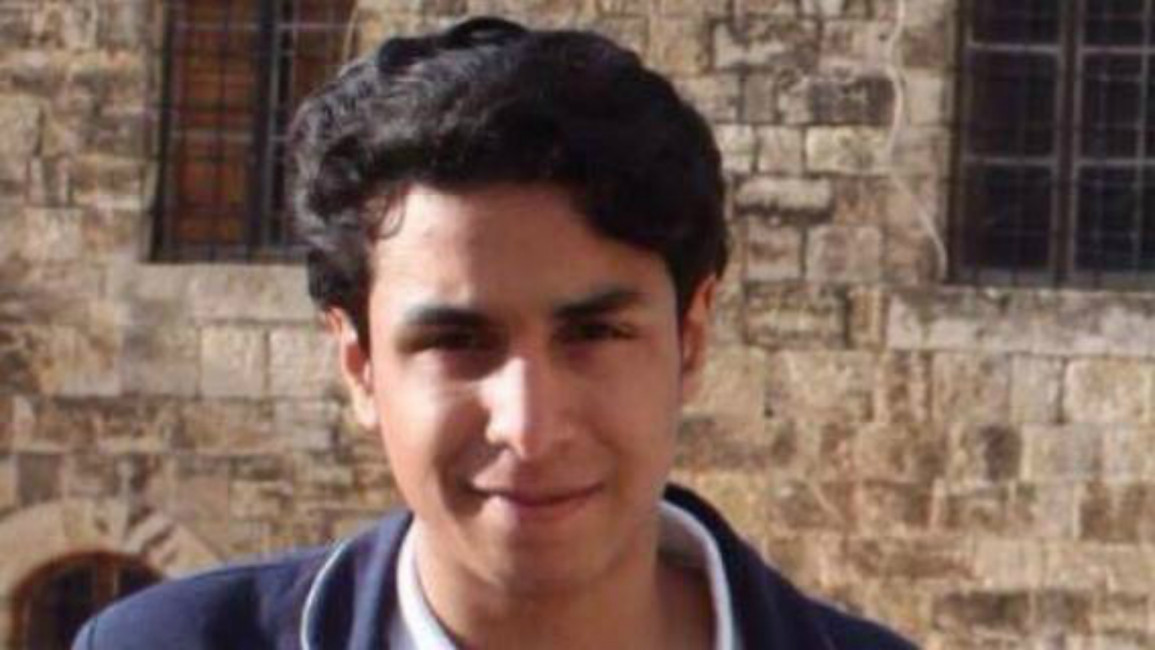Hackers target Saudi Arabia over planned execution of youth
Hacktivists allegedly part of the Anonymous network are taking on the Saudi Arabian government in retaliation to the planned execution of 21-year-old, Ali Mohammed al-Nimr, stating that they would not "stand by and watch".
Ali al-Nimr was a 17-year-old schoolboy in 2012 when he joined an Arab Spring-style pro-reform protest in Qatif in the eastern part of the kingdom.
He was sentenced to death for allegedly belonging to an illegal organisation and his last appeal failed recently, leaving him facing execution, probably by decapitation.
Over the weekend, the activists targeted Saudi government websites, including the ministry of justice.
They took the sites offline for several hours on Sunday morning, and issued a statement addressed to "King Salman and the Saudi Arabian government saying: “An innocent young teenage boy has been sentenced to death in Saudi Arabia and we will not stand by and watch... 13 Judges have already approved the death sentence of Ali Mohammed al-Nimr, meaning only King Salman has to approve it. We cannot and will not allow this to happen.”
|
|
|
'Violent repercussions'
Ali al-Nimr's father, Mohammed al-Nimr, called on Saudi Arabia's King Salman last week to not sign his son's death warrant.
"We hope that the king will not sign" the execution order, Nimr said, after Saudi Arabia's highest court confirmed the death sentence, leaving his son's fate in the hands of the king.
Nimr warned that if his son is put to death the minority Shia community could react violently, something he does not want to happen.
"We don't need that; we don't need even one drop of blood," he said.
Ali is the nephew of Nimr al-Nimr, a Shia religious leader who is also on death row.
Nimr al-Nimr was a driving force behind demonstrations that began four years ago in Saudi Arabia's Eastern Province.
Most of Sunni-majority Saudi Arabia's Shias live in the east, and have complained of marginalisation.
Ali al-Nimr's father admitted that his son, then a high school student, had joined thousands of other people in protest.
But he insisted that Ali was innocent on numerous other charges including burglary, attacking police and using a Molotov cocktail.
UK and US weigh in
British Labour leader Jeremy Corbyn called on UK Prime Minister David Cameron to do more to intervene in the case.
In a letter to Cameron, the Labour leader wrote “As you may be aware, Ali has now exhausted all his appeals and could be executed any day - in a particularly horrific manner, which involves beheading and the public display or ‘crucifixion’ of the body.”
“Ali's case is especially urgent - the secrecy of the Saudi system means that he could face execution at any time, and even his family may only find out after the event. There is therefore no time to spare in taking this up with the Saudi authorities, if we are to prevent a grave injustice,” Corbyn said.
The UK Foreign Office has said it will raise Nimr’s case “urgently” with the Saudi authorities.
The United States also expressed alarm over the case of Nimr.
Saudi Arabia is a close ally of the United States, but State Department spokesman John Kirby said Washington was "deeply concerned" about the case.
The United States, where the death penalty is used in several states, did not condemn the sentence itself, but echoed the growing international outcry over the young man's trial and failed appeal.
"We are deeply concerned by the case of al-Nimr, who was sentenced to death although he was a minor at the time or his arrest, and by allegations that his sentence was based on a confession made under duress," Kirby said.
"We call on the government of Saudi Arabia to respect universal human rights and its international obligations to ensure fair and transparent judicial proceedings that afford requisite fair trial and safeguards in this and on all cases."
Last week, a panel of United Nations legal experts complained that his appeal was been handled "with a complete disregard for international standards."
"Any judgement imposing the death penalty upon persons who were children at the time of the offence, and their execution, are incompatible with Saudi Arabia's international obligations," the UN experts said.
The UN panel said 134 people have already been executed in the kingdom this year, 44 more than in the whole of last year.
In August, Amnesty international reported that at least 2,208 people were executed between January 1985 and June 2015 in Saudi Arabia, nearly half of them foreigners.



